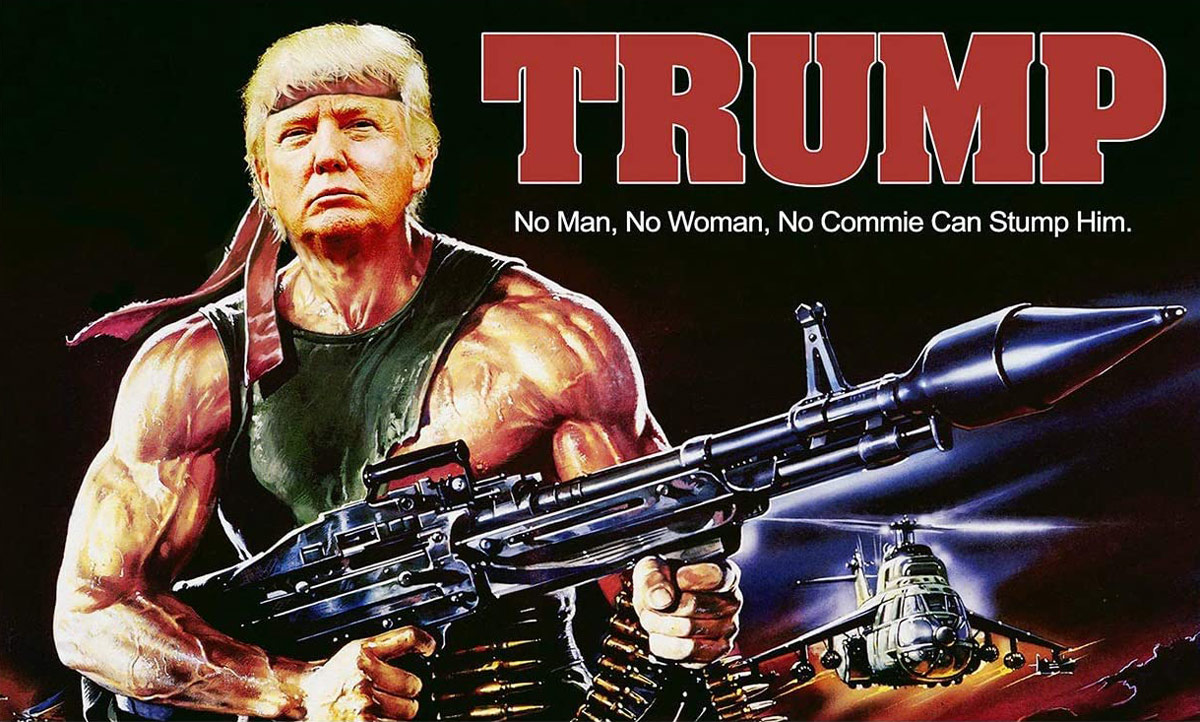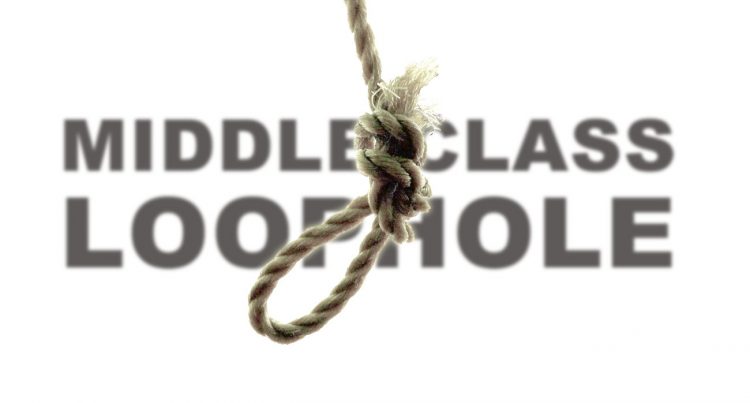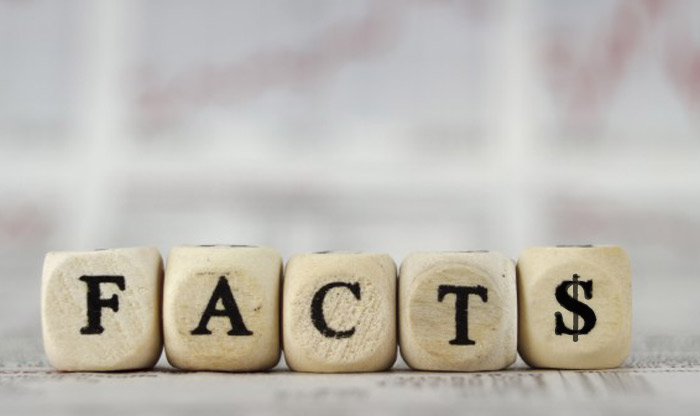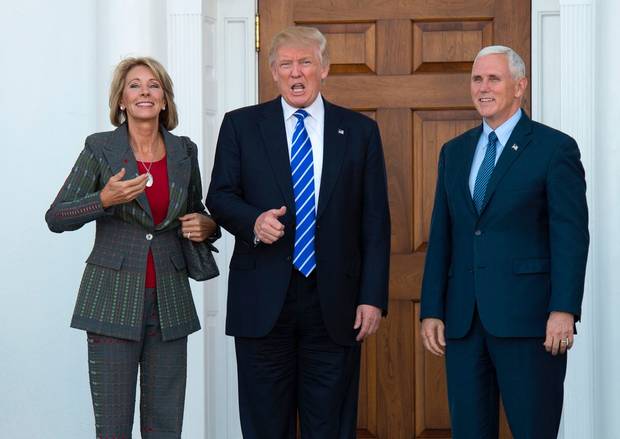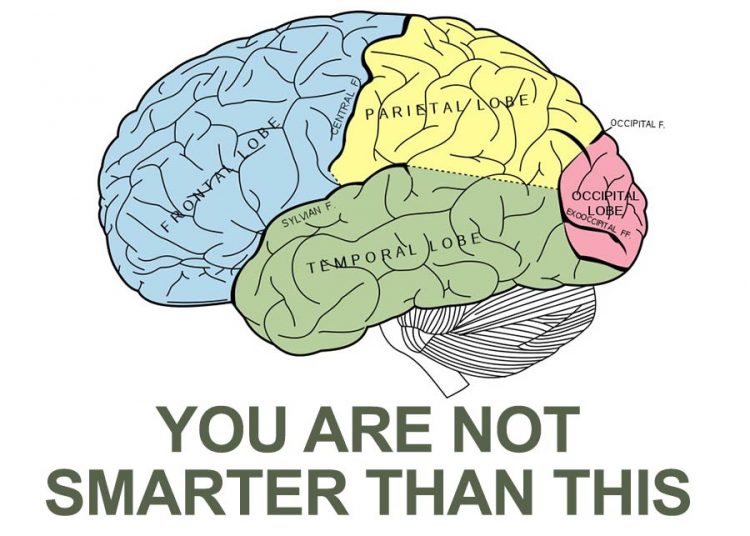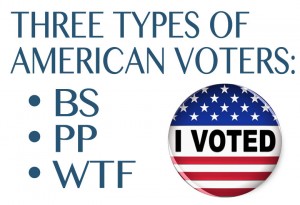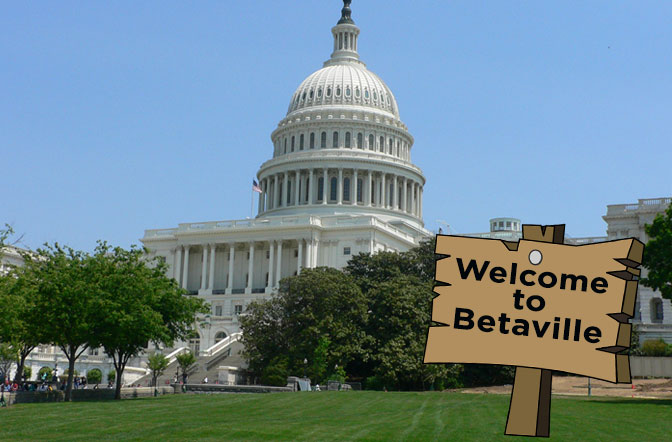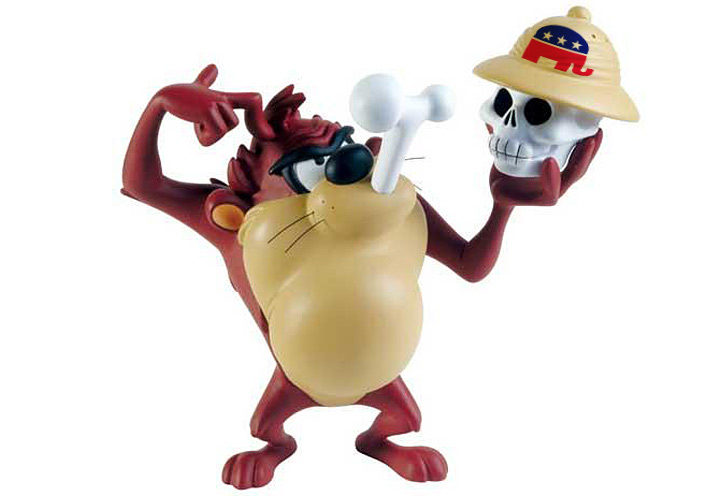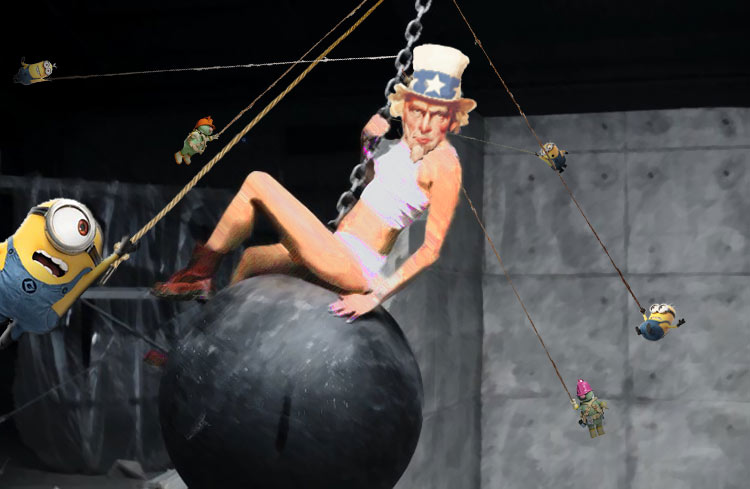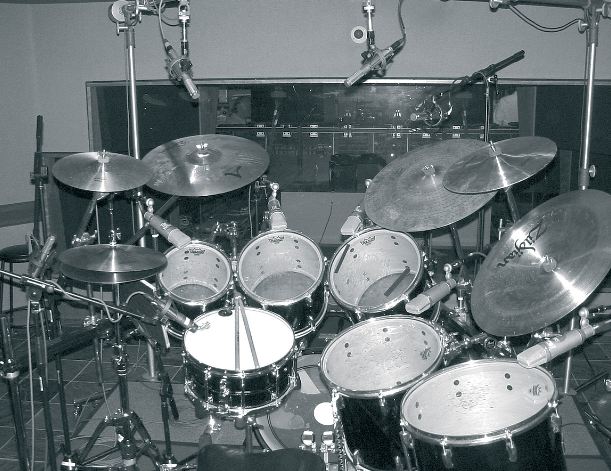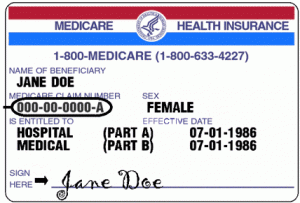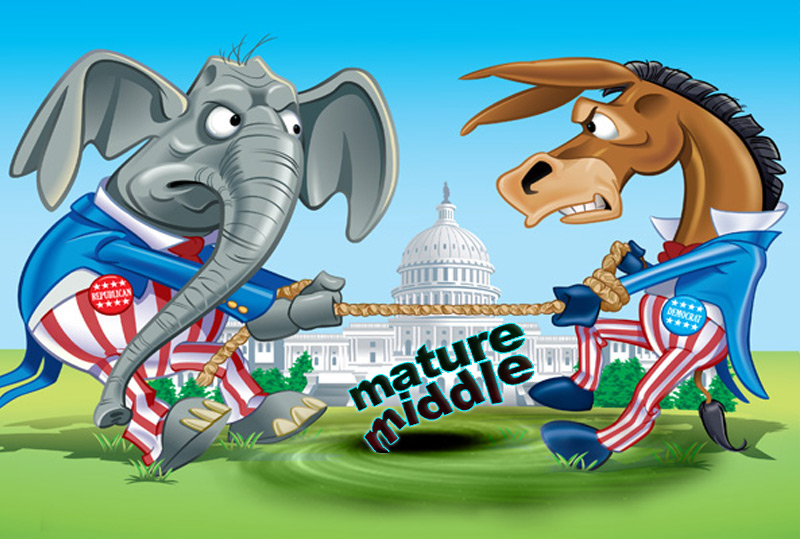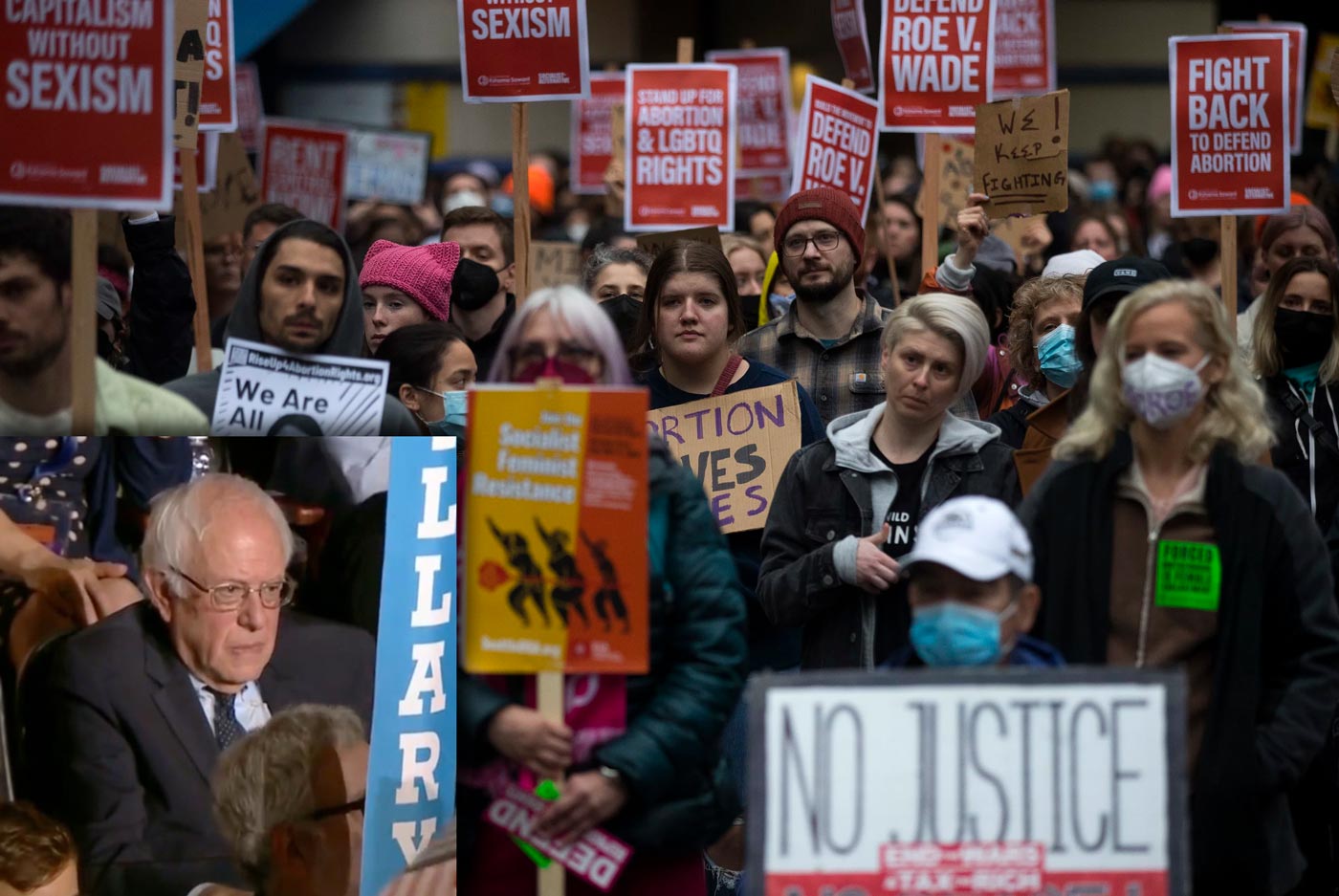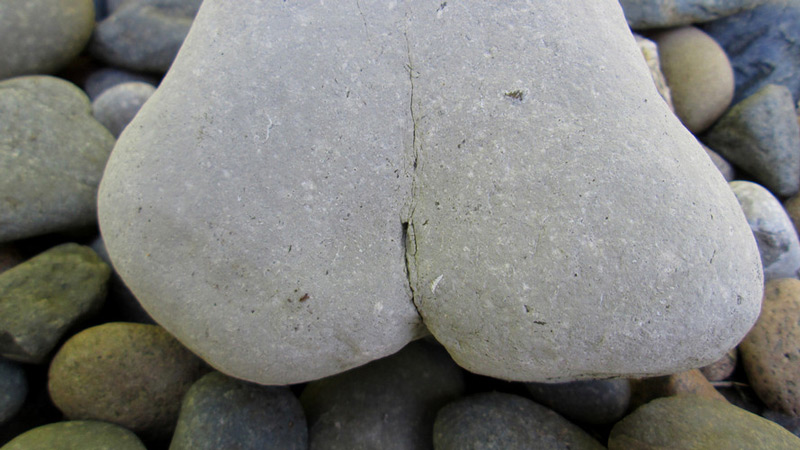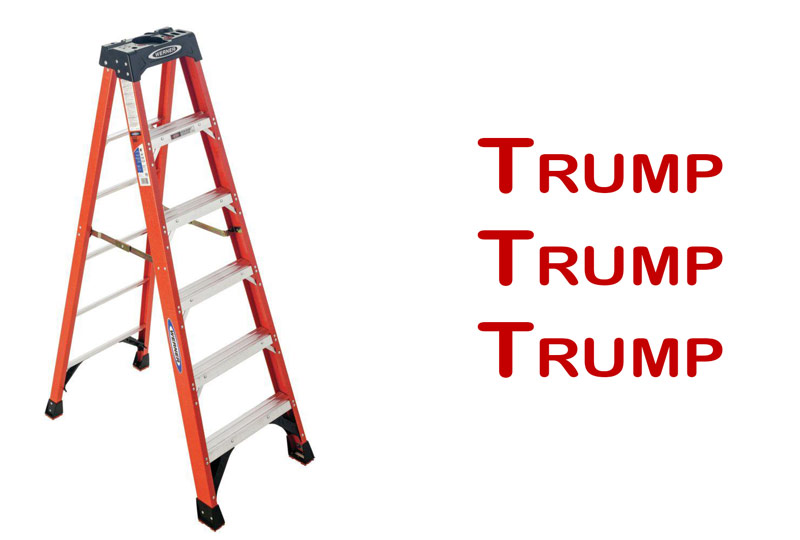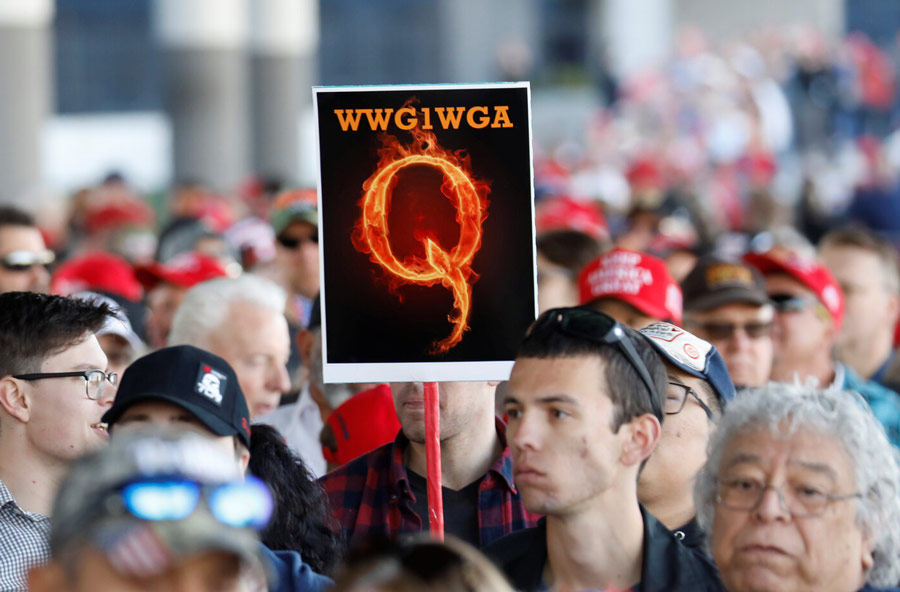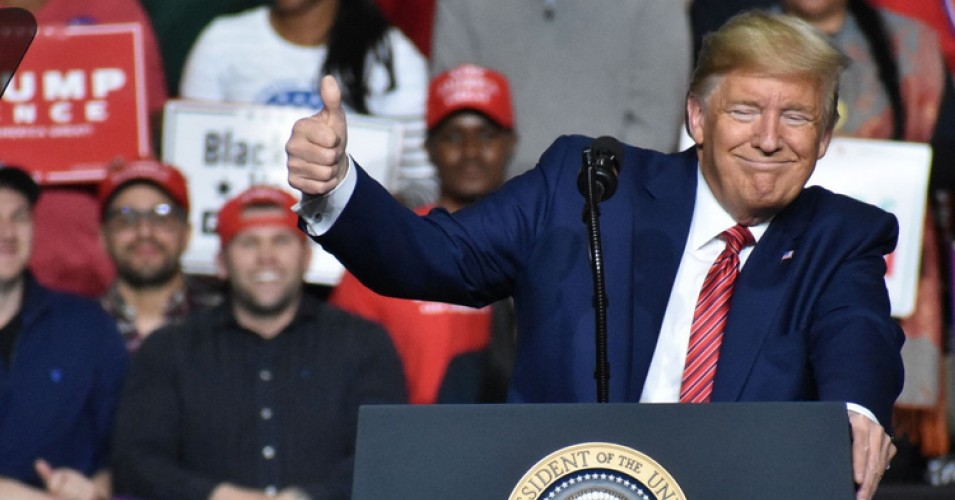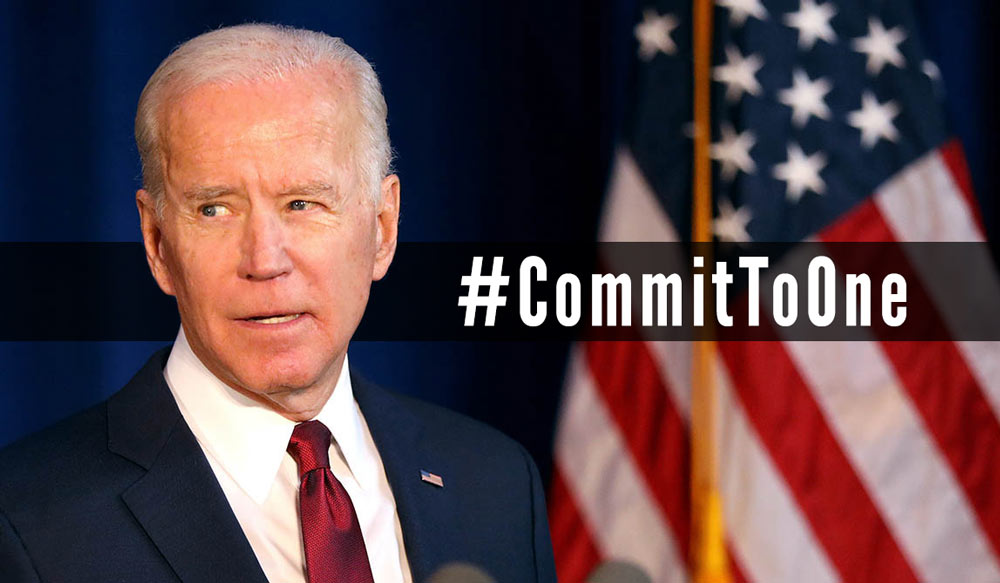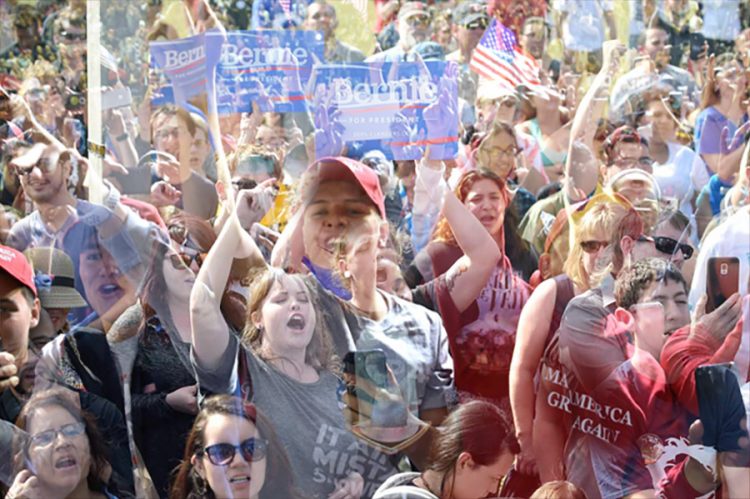
Recording a great album and writing some good songs isn’t enough to get noticed by new fans – and it’s definitely not enough to make a ripple in the music industry. To make a living as a musician every artist needs to know the basics of music marketing.
Marketing your band’s music is less complicated than you might think, but music marketing isn’t what it was when I started. Back then the only definition of success meant being signed by a major label. Today, musicians can market their own music, sell it, and be successful. However, the great irony of indie music promotion is that while most lead singers are excellent self-promoters, most musicians would rather spend time with their gear and their close friends than spend a single second marketing themselves – selling themselves. Marketing people wear skinny ties and shiny suits… that just doesn’t mix well with the average musician.
Thankfully, music marketing for newer artists doesn’t have to be a negative experience. You don’t have to have giant CD launch parties, nor drive around town standing on top of golden busses, nor stand 90 percent naked on the roof of a West Hollywood hotel. All you need to market your music is one thing: Engage. Engage fans, engage streaming media, and engage a good web developer.
Music Marketing 101
When you search music marketing online you get a lot of balderdash. Many of the articles talk about what music superstars do (which 99% of the rest of us cannot do), and the rest or the music marketing articles give you lots of old-school marketing charts and graphs with concentric circles and marketing buzz words that don’t mean anything, but have justified the paychecks marketing managers for decades. I don’t know about you, but when I search for music marketing or music promotion I don’t want to see pictures of people icons with bullhorns, or yet another photo of a 20-year old woman wearing headphones as if they’re an accessory, swooping her hair in pure blissful concentration. It’s tiresome.
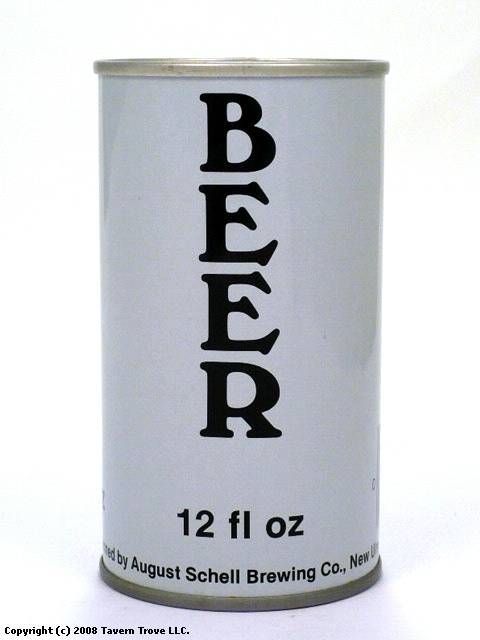 Assuming you have a few good songs and more in the works, then real artists and musicians don’t need any of that old marketing-type stuff. Why? Because you’re not a brand yet. No matter how good your music is a new artist is a generic product. When you’re new: you are a white label, generic “musician” just like everyone else out there. The same way all musicians probably think about “lawyer”. They’re all the same. The first stage of music promotion for new bands and artists is to engage your region on stage to become a recognizable band, not just another generic musician. You don’t have to go crazy and dress like a freak to be recognized – I’m not talking about being novel and shocking – I’m talking pure brand recognition. If the owners of every local venue don’t know you’re name, then that’s where you start. You must play to get paid.
Assuming you have a few good songs and more in the works, then real artists and musicians don’t need any of that old marketing-type stuff. Why? Because you’re not a brand yet. No matter how good your music is a new artist is a generic product. When you’re new: you are a white label, generic “musician” just like everyone else out there. The same way all musicians probably think about “lawyer”. They’re all the same. The first stage of music promotion for new bands and artists is to engage your region on stage to become a recognizable band, not just another generic musician. You don’t have to go crazy and dress like a freak to be recognized – I’m not talking about being novel and shocking – I’m talking pure brand recognition. If the owners of every local venue don’t know you’re name, then that’s where you start. You must play to get paid.
Marketing Music: Engage with Gigs
There are two areas musicians need to promote themselves: gigs and royalties / record sales. As an artist you have a lot more control over the former. Promoting your music starts with the gig. If you’re not in front of crowds you will never get a good word of mouth. But more importantly: if you’re not playing gigs you won’t be cool, you won’t be interesting, and you won’t be desired. If 10 people “desire” your music, then 5 more people will follow, because they want to be part of the cool crowd.
We live in a desperately social world where hashtags and friend-counts give most people a greater sense of self-worth than religion, work, or family. You need to exploit that inner need to create your own celebrity (which, lets face it, is what we’re talking about). You must be desired or you won’t sell very many records. Desire is not always sexual. Desire also includes wanting to emulate and wanting to be close to. Music sells with desire just as much as sports cars, perfume, and designer shoes. Again, you don’t have to go over the top and be freakish about this. Just being able to play an instrument makes the geekiest among us somewhat desirable. The point is to engage the region and local fans being cooler than they are – but not outrageous and not totally out of reach Just like politicians you can’t win anything unless you start with a strong base.
Jimi Hendrix had it right: it’s all about the Experience. Every show must be an experience for the people in the crowd, not just a band playing a good song. You don’t need a million-dollar stage set-up, face make-up, or pyrotechnics – you just need the people in the audience to feel special. Nothing is more important in music marketing than making whoever is listening feel important. We hate to admit it, but being successful in music requires that you have just as much skill acting as you do singing or writing songs. Just like you have to be an actor to sing with emotion, you have to be a bit of an actor to change an everyday gig at a local club from a simple night out, into an experience the audience remembers. That’s how you build a loyal fan base.
Music Marketing: Engage Streaming Media and Digital Distribution
Pandora, Spotify, Beats, Deezer, Google Play, iTunes, Amazon, Youtube, Grooveshark, Last.fm, Rhapsody, Rdio, iHeartRadio, Slacker… the list of streaming music services and digital distribution continues to grow. (If you don’t already know about publishing rights, copyright, etc. Stop reading this now and research that first.)
One of the biggest changes in the music industry is that major distributors (which is what they are now) accept unsolicited submissions. To submit tracks to Pandora all you need is an account. Selling tracks directly to fans makes you more money in small bursts, but streaming has the same impact as radio: that’s how you get known outside of your local fan base. In turn, that’s how you can have people actually show up to a show if you do a tour outside of your home base. You will never be successful in music if you don’t have a loyal base who help spread the word.
Curate your own playlists and stations on all of the streaming services. Let your current fans know about it and have them follow. Ask your fans to share your tracks and add them to their own playlists. You want your songs to appear in as many playlists as possible. That takes work and a little begging.
(And sign up with SoundExchange. It’s not ASCAP or BMI, but it’s a start).
Music Promotion: Website and Social Media
While you can’t be a huge music success if all you do is market music online, you do need a really, really good website where functionality is key. You need to be able to sell tracks directly, engage with music fans, build your email list, and have something that serves as a hub for all your email marketing and social media pages. These days all those things are cheap and easy, the key is to be smart and deliberate enough to make sure you have all those functions and stay active so your fan base is always getting fed.
Get your band on every photo sharing site possible and post photos of shows and “looking sassy and cool”. (You need to be desired, remember?). Don’t be gross, just make sure you and everyone at your shows knows where to find and share the concert photos. A big part of branding a band or artist is to own that brand online – both in text and in images – which means you need to create a lot of content and spread it far and wide (again: your most loyal fans can help with that). Use social media for musicians to keep control over what people find about you when they search for your name.
Stay away from video in the beginning. A bad music video can hurt you more than it can help. Flooding the Internet with thousands of photos, all tagged and named with names of the band and songs, will still help. If you don’t have the budget for a good music video, you can still put your stuff on youtube with still photos. When you’re ready to make a video two things are a must: a really good studio recording of the song, and a really good video editor. You can actually skimp on the camera work a little if you have someone who is a highly-skilled video editor.
Make sure your best fans are included in photos and video(s). You need to reward those who are most loyal (and they will share them all that much more). Never forget the underlying psychology of what makes someone “a fan”. They want to be close to the artists. They want to “be a part” of what you are creating. Whether you like it or not, you have to cater to that fan psychology to keep them engaged.
Spend the $5 a month to have a premiere account on PayPal, and $99 a year for an SSL certificate so you can accept credit card payments directly on your website. Pay out the $100 or so to buy a really good looking and social media integrated theme for a CMS like Drupal or WordPress. You must be able to sell your tracks on your website, not just on Amazon and iTunes. Moreover, once you can do that, then that also means you’re ready to sell other merchandise to help promote your music.
What not to do: don’t ignore your fans. Musicians and bands are like a religion to many fans, and you need them to evangelize on your behalf. You need them to be at all your shows, tell their friends, add your songs to their shared playlists on music streaming sites, etc. Music marketing IS your fan base. Use the tools available to make engage them and make them feel special. If you do that, then they’ll even like your bad songs ;)
